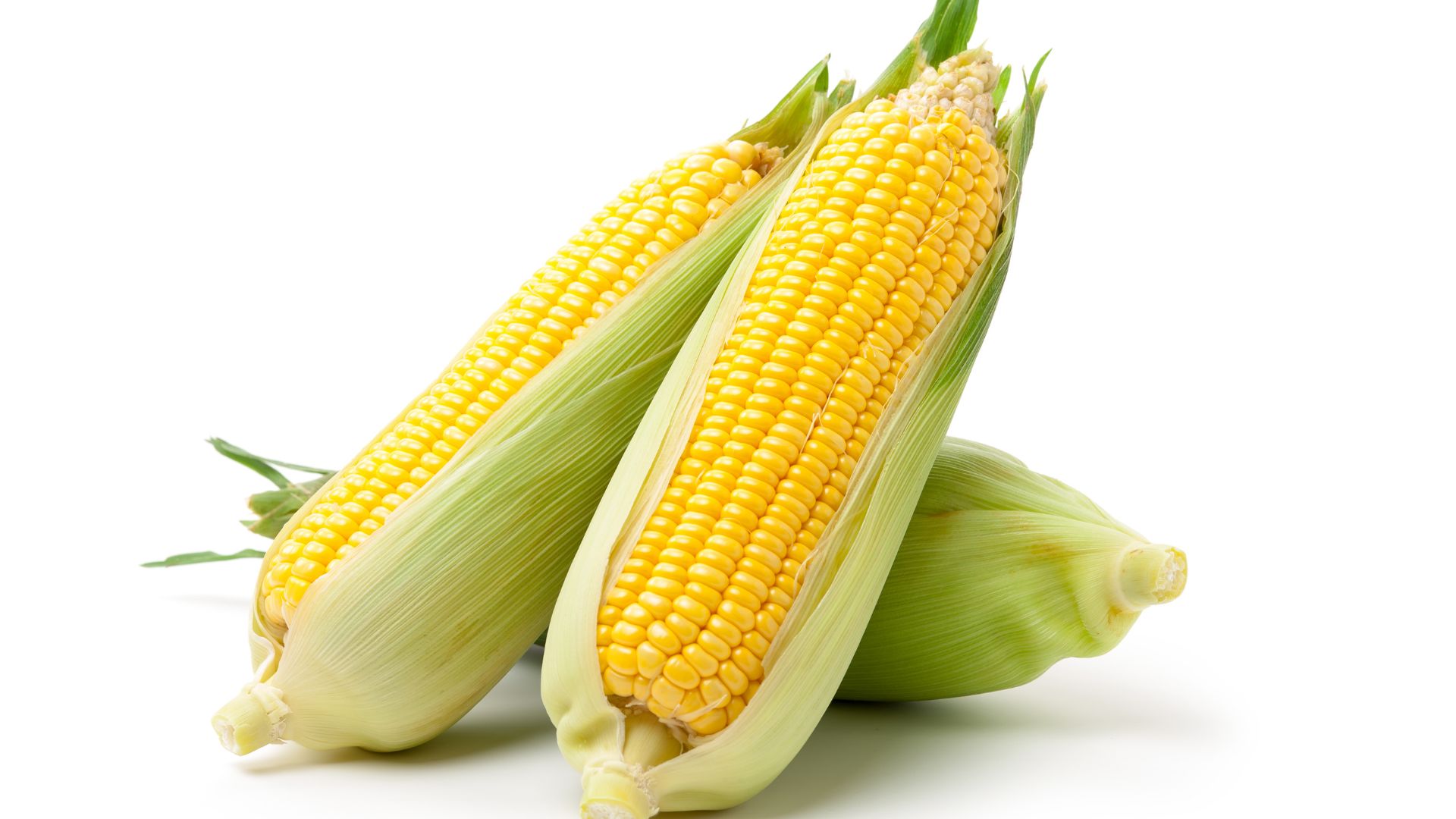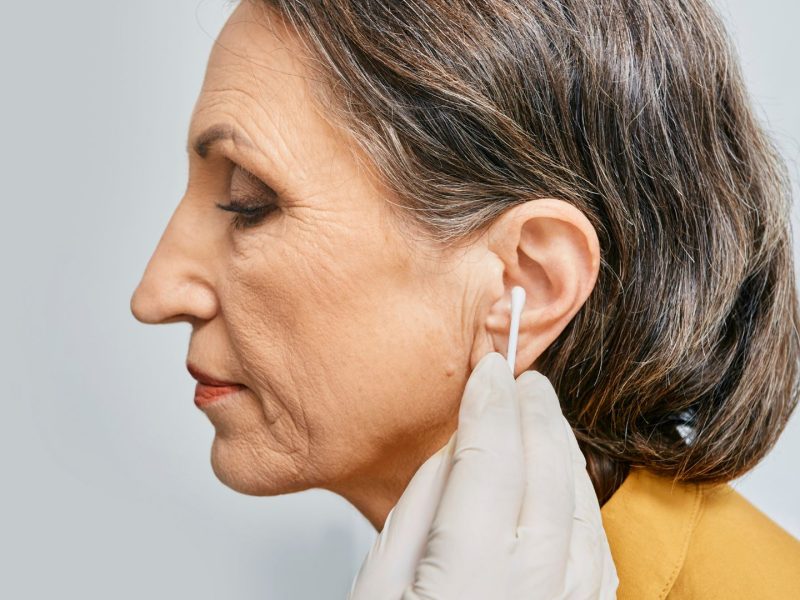Have you ever wondered why corn has been a dietary staple across cultures for thousands of years? From the ancient Maya to modern-day dinner tables, this versatile grain has stood the test of time – and for good reason! As someone who’s spent years researching nutrition and whole foods, I’m excited to share why corn deserves a special place in your diet.
What Makes Corn So Special?
Before we dive into the specific benefits, let’s talk about what makes corn unique. This remarkable grain-vegetable hybrid is technically a fruit (surprised?) and packs an impressive nutritional punch. Whether you enjoy it fresh off the cob at a summer barbecue or as part of your favorite Mexican dish, corn offers more than just delicious flavor.
The Nutritional Powerhouse Within Each Kernel
Each golden kernel of corn is a treasure trove of nutrients:
- Fiber: 4.6g per cup
- Protein: 5.4g per cup
- Vitamin C: 17% of your daily needs
- Thiamin: 24% of your daily needs
- Folate: 19% of your daily needs
- Potassium: 10% of your daily needs
7 Science-Backed Health Benefits of Corn
1. Supports Digestive Health
Remember those times when your digestive system needed a boost? Corn’s got your back! Its high fiber content acts like a natural brush for your digestive tract. The combination of soluble and insoluble fiber helps maintain regular bowel movements and feeds the beneficial bacteria in your gut microbiome.
2. Boosts Energy Levels
Feeling that afternoon slump? Corn’s complex carbohydrates provide sustained energy release throughout the day. Unlike simple sugars that cause energy crashes, corn’s carbs break down slowly, helping you maintain steady energy levels for hours.
3. Promotes Eye Health
Here’s something fascinating: corn contains two unique antioxidants – lutein and zeaxanthin. These compounds act like natural sunglasses for your eyes, protecting them from harmful blue light and reducing the risk of age-related vision problems. Studies show that people who consume foods rich in these antioxidants have a lower risk of developing cataracts and macular degeneration.
4. Supports Heart Health
Your heart will thank you for eating corn! Its fiber content helps lower cholesterol levels, while its potassium content helps regulate blood pressure. The antioxidants in corn also fight inflammation, which is a key factor in heart disease prevention.
5. Helps with Weight Management
Contrary to what some might think, corn can be your ally in maintaining a healthy weight. Its fiber content helps you feel full longer, reducing the likelihood of overeating. Plus, at just 130 calories per cup of cooked corn, it’s a satisfying addition to any meal without breaking your calorie bank.
6. Enhances Skin Health
Want glowing skin? Corn contains vitamin C, which helps produce collagen – the protein responsible for keeping your skin firm and youthful. The antioxidants in corn also protect your skin from oxidative stress and environmental damage.
7. Strengthens Immune System
In today’s world, having a strong immune system is more important than ever. Corn provides essential nutrients like vitamin C and zinc that help support your body’s natural defense mechanisms.
How to Include More Corn in Your Diet
Creative Ways to Enjoy Corn
- Grilled corn on the cob with a squeeze of lime and a sprinkle of chili powder
- Add fresh corn kernels to salads for extra crunch and sweetness
- Include corn in your favorite soups and chowders
- Try Mexican-inspired street corn (elote) with cotija cheese and spices
- Make homemade cornbread with whole corn kernels
Tips for Selecting and Storing Corn
- Choose ears with bright green husks that are tightly wrapped
- Look for kernels that are plump and in tight rows
- Store unshucked corn in the refrigerator for up to a week
- Freeze fresh corn kernels for up to 6 months
Important Considerations
While corn offers numerous health benefits, it’s important to keep a few things in mind:
Portion Control
Like any food, moderation is key. While corn is healthy, it’s still relatively high in carbohydrates. A standard serving size is about ½ to ¾ cup of corn kernels.
Preparation Methods Matter
The healthiest ways to enjoy corn are boiled, grilled, or roasted. Heavy butter and salt additions can negate some of the health benefits, so try healthier seasonings like herbs, spices, or a small amount of olive oil.
Genetic Modification Concerns
If you’re concerned about GMOs, opt for organic corn or varieties labeled “Non-GMO.” Many conventional corn crops are genetically modified, so reading labels is important if this is a concern for you.
Conclusion: Making Corn Work for Your Health
Corn isn’t just a delicious addition to your meals – it’s a nutritional powerhouse that can support your overall health in numerous ways. From promoting digestive health to boosting energy levels and supporting eye health, this versatile grain deserves a regular spot in your diet.
Remember, the key to enjoying corn’s health benefits lies in how you prepare it and incorporate it into a balanced diet. Whether you’re grilling it at your next barbecue or adding it to your favorite recipes, corn can be both a nutritious and delicious part of your healthy eating journey.
So next time you’re at the grocery store or farmers market, don’t pass by the corn section. Pick up a few ears and experiment with different preparation methods. Your body will thank you for adding this nutrient-rich food to your diet!



